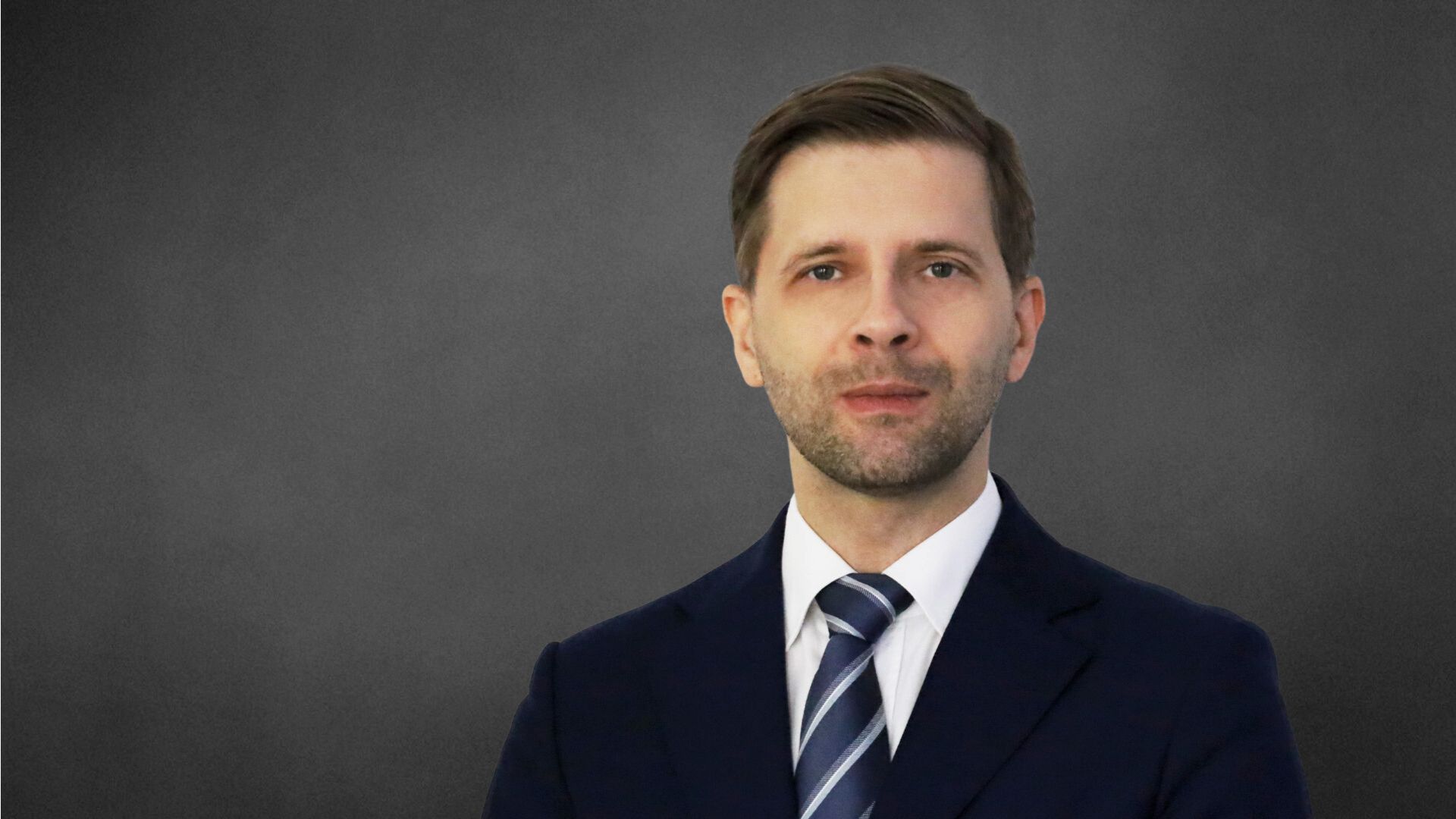The Paths of Political Change in Argentina

Fernández defeated Maurici Macri, the centre-right, pro-market president since October 2015, in the first round on 27 October. Cristina Fernández de Kirchner—head of state in 2007-2015—will be vice-president. She did not aspire to the top office because of her low popularity with most Argentines, who negatively assess her government’s policies, and because of corruption allegations against her and her administration. However, she could count on the votes of a devoted left-wing electorate, eager to see, for example, a return to active social policy. Macri’s declining popularity over the country’s economic deterioration was one of the main factors behind the pair’s victory.
Main Challenges
The Fernández government’s primary task will be to overcome the economic crisis and repay foreign debt. The International Monetary Fund (IMF) estimates that Argentina’s GDP will decrease by 3.1% in 2019 and public debt will exceed 93% of GDP (it was at 53% in 2015). Inflation for the last year exceeded 55% and the USD-ASR exchange rate soared from 10 to 60 Argentine pesos per dollar. Macri made a failed attempt to stabilise the situation and eventually requested aid from the IMF in 2018. Overall, he negotiated a credit line of more than $56 billion, of which $44 billion has been released so far. Liquidity difficulties prompted the government to halt debt repayment and introduce capital controls, among others, in September 2019. The crisis has led to a deterioration in living conditions, with 35% of people living below the poverty line (5 percentage points more than in 2015) and unemployment surpassing 10% (double that among the young). If the improvement is too slow, the risk of social unrest will increase.
The new government needs to rebuild the trust of investors, who fear its policy directions. The country’s stock market had an abrupt drop as did the peso’s value after Fernández and other Everyone’s Front candidates won the most votes in the August primaries (the so-called PASO), when Argentines choose candidates for the actual elections. Foreign capital will be needed in the energy and mining sectors, especially in the exploitation of shale oil and gas in Vaca Muerta, one of the largest unconventional deposits in the world.
The main challenge in external relations will be cooperation within Mercosur, particularly with Brazil, Argentina’s top trading partner. Fernández’s and Brazilian President Jair Bolsonaro’s criticism of each other, fuelled by their ideological differences, may be a harbinger of tensions in the bilateral relationship. Bolsonaro worked closely with Macri to advance integration and the liberalisation of Mercosur, as well as to develop a network of preferential trade agreements, first with the EU. Brazil’s president will expect Fernández to continue this direction. Paraguay will take a similar stance, as will the new centre-right government in Uruguay, which takes over in March 2020. The challenge for cooperation with Latin American countries will come from conflicting positions towards democratic order, especially its collapse in Venezuela. Outside the region, the new government will have to cooperate closely with the U.S., which stood behind the IMF’s decision to grant financial assistance to Argentina.
Main Policy Directions
Tackling the economic crisis was the main thread in Fernández’s electoral programme and in his public declarations. He confirmed he would respect Argentina’s obligations to foreign creditors but, at the same time, wants to renegotiate the debt payment terms so he can first create conditions for economic growth and improvement of the social situation. He intends to move away from Macri’s liberalisation policies and increase state involvement and market protection. He would like to revive the economy by stimulating domestic consumption and supporting national investments in natural resource sectors, in particular, in agriculture, oil and mining. Fernández prioritises the exploitation of the Vaca Muerta deposits but it is unknown if he is considering greater state involvement in that endeavour. At the same time, he plans to put greater emphasis on climate policy and sustainable development.
Among the domestic policy changes, Fernández mentioned the liberalisation of abortion. In foreign policy, he committed to stress more fully the defence of territorial sovereignty, implying a revival of the dispute with the UK over the Falkland Islands, called the Malvinas in Argentina. He will also recognise the primacy of the non-interference in the internal affairs of other countries. Consequently, his government is likely to withdraw from the Lima Group, a mechanism for dialogue between selected governments of the Americas concerning the political change in Venezuela, and will reject U.S. attempts to put pressure on countries in the region. Instead, Fernández will call for dialogue with Venezuela’s leader Nicolás Maduro and strengthen cooperation with left-wing partners, especially the Mexican government of President Andrés Manuel Lopez Obrador. Fernández will also stand with politicians ideologically close to him, such as Evo Morales, who resigned as Bolivia’s president in November then fled to Mexico, where he received political asylum, before recently moving to Argentina.
The new government will seek, however, close cooperation with key countries to revive Argentina’s economy and ease debt repayment, first and foremost with the U.S. but also with China. Despite the divergence of views with Brazil’s government, Fernández has mentioned that country as the key partner in the region because of its political and economic links. Within Mercosur, he will likely oppose the bloc’s opening (e.g., plans to lower the common external tariff). During the election campaign, he criticised the EU-Mercosur agreement and suggested he might try to renegotiate it. He argued that the agreed provisions would harm Argentina’s labour market and industry. Nevertheless, he is interested in investment cooperation with EU partners and their support in tackling the economic crisis. This was shown by Fernández’s meetings with government representatives in Spain and Portugal before the elections and with EU ambassadors to Argentina in November.
Conclusions
Under Férnandez, the main changes in Argentina’s policy directions will be seen in its economic concept, in particular, in an increase in protectionism and interventionism, as well as a greater emphasis on active social policy. The effectiveness of this approach will depend on the success in negotiating more flexible debt-repayment terms and in attracting foreign capital.
Closer relations with other left-wing governments and the approach to the situations in Venezuela or Bolivia will increase the tension with some partners, such as Brazil and the U.S., which are key to the Argentine economy’s revival. Fernández’s preference for the development of political cooperation in the region and negative stance towards Mercosur liberalisation will lead to disputes within the bloc. These difficulties may then strengthen the dialogue with China, already one of Argentina’s most important economic partners and lenders.
For the EU, Argentina is one of its most important political and economic partners in the region and Fernández’s interest in the Union will foster mutual cooperation. Nevertheless, both the increase in protection of the Argentine market and the potential difficulties in ratifying the EU-Mercosur agreement will be unfavourable to EU businesses. Argentina’s decision to accept the agreement may, however, be influenced by the expected rapid ratification by the other members of the South American bloc. They will then be able to agree with the EU the conditional application of terms of the agreement, which could weaken the competitive position of Argentine exports to the EU.
Argentina is Poland’s third-largest trading partner in Latin America but Polish companies present on the market are struggling to do business there mainly because of non-tariff barriers. These conditions may deteriorate as a result of the protectionist policies of the new government, which may lead to less interest in concluding negotiations with Poland on an agreement to avoid double taxation.


